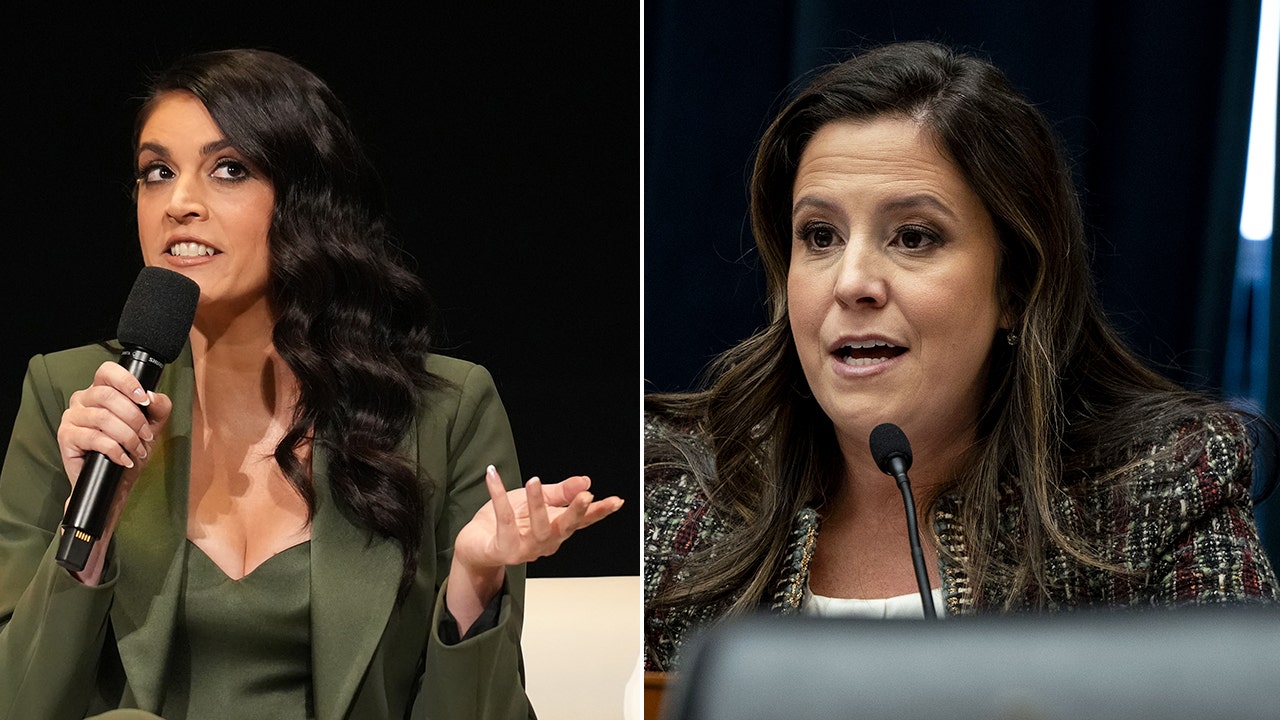A federal judge early Saturday temporarily restricted access by Elon Musk’s government efficiency program to the Treasury Department’s payment and data systems, saying there was a risk of “irreparable harm.”
The Trump administration’s new policy of allowing political appointees and “special government employees” access to these systems, which contain highly sensitive information such as bank details, heightens the risk of leaks and of the systems becoming more vulnerable than before to hacking, U.S. District Judge Paul A. Engelmayer said in an emergency order.
Judge Engelmayer ordered any such official who was granted access to the systems since Jan. 20 to “destroy any and all copies of material downloaded from the Treasury Department’s records and systems.” He also restricted the government from granting access to these categories of officials.
The defendants — President Trump and Treasury Secretary Scott Bessent — should show cause on Feb. 14 before Judge Jeannette A. Vargas, who is handling the case on a permanent basis, Judge Engelmayer said.
The order came in response to a lawsuit filed on Friday by Letitia James of New York along with 18 other Democratic state attorneys general, charging that when President Trump gave Mr. Musk the run of government computer systems, he had breached protections enshrined in the Constitution and “failed to faithfully execute the laws enacted by Congress.”
The attorneys general said the president had given “virtually unfettered access” to the federal government’s most sensitive information to young aides who work for Mr. Musk, who runs a program the administration calls the Department of Government Efficiency, or DOGE, though it is not an actual department.
While the group was supposedly assigned to cut costs, members are “attempting to access government data to support initiatives to block federal funds from reaching certain disfavored beneficiaries,” according to the suit. Mr. Musk has publicly stated his intention to “recklessly freeze streams of federal funding without warning,” the suit said, pointing to his social media posts in recent days.
Efforts to reach press officers at the White House were not immediately successful.
Mr. Musk’s team was given access to the government’s most fundamental computer data, including the U.S. Treasury Department’s payment system, which is used to disburse funds including Social Security benefits, veteran’s benefits and federal employee wages.
The system — which channels about 90 percent of the payments for the U.S. government, which spent about $6.75 trillion last fiscal year — pays funds directly to people in the states, as well as to state governments, the suit says.
Before President Trump took office last month, access was granted to only a limited number of career civil servants with security clearances, the suit said. But Mr. Musk’s efforts had interrupted federal funding for health clinics, preschools, and climate initiatives, according to the filing.
The money had already been allocated by Congress. The Constitution assigns to lawmakers the job of deciding government spending.
“President Trump does not have the power to give away Americans’ private information to anyone he chooses, and he cannot cut federal payments approved by Congress,” Ms. James said in a statement. “Musk and DOGE have no authority to access Americans’ private information and some of our country’s most sensitive data.”
The lawsuit was filed in concert with the attorneys general of Arizona, California, Colorado, Connecticut, Delaware, Hawaii, Illinois, Maine, Maryland, Massachusetts, Minnesota, Nevada, New Jersey, North Carolina, Oregon, Rhode Island, Vermont and Wisconsin. It is one of many resisting Mr. Trump’s aggressive actions since he took office last month.
Three unions this week sued the U.S. Office of Personnel Management, the government’s human resources division, to block an effort to persuade roughly two million federal employees to resign.
Two anonymous sets of F.B.I. agents and employees sued to keep the Trump administration from releasing the identities of people who worked on investigations into the Capitol riots on Jan. 6, 2021. They won an order on Friday requiring the administration to keep their names secret.
Ms. James and other attorneys general challenged Mr. Trump’s executive order attempting to end birthright citizenship. This week, she warned New York hospitals that complying with a White House executive order seeking to end gender-affirming medical care for young people could violate state law.
The actions of DOGE — bulldozing through the federal government — have been confounding and concerning to Democratic lawmakers and federal employees.
With license from Mr. Trump, Mr. Musk’s mandate appears to be vast: His team has tried to shut down the U.S. Agency for International Development, a key international source of foreign assistance. On Friday, a federal judge in Washington ordered a pause on an effort to put 2,200 U.S.A.I.D. employees on leave and rapidly withdraw employees stationed abroad.
On Friday, Mr. Trump said that Mr. Musk would turn his attention to the Pentagon, which has billions of dollars in contracts with companies Mr. Musk owns.
The heart of the lawsuit filed by Ms. James’s coalition on Friday was focused on Mr. Musk’s access to the Treasury Department. The department’s system is a repository of some Americans’ most sensitive information, including Social Security numbers and bank account numbers, which the attorneys general said puts residents of their states at personal risk.
In a video message on Friday, Ms. James said that the president “does not have the power to give our private information away to whomever he wants.”
“As Democratic attorneys general, we’re suing to stop this unprecedented and unauthorized attack,” she said.
Nathan Willis contributed reporting.















